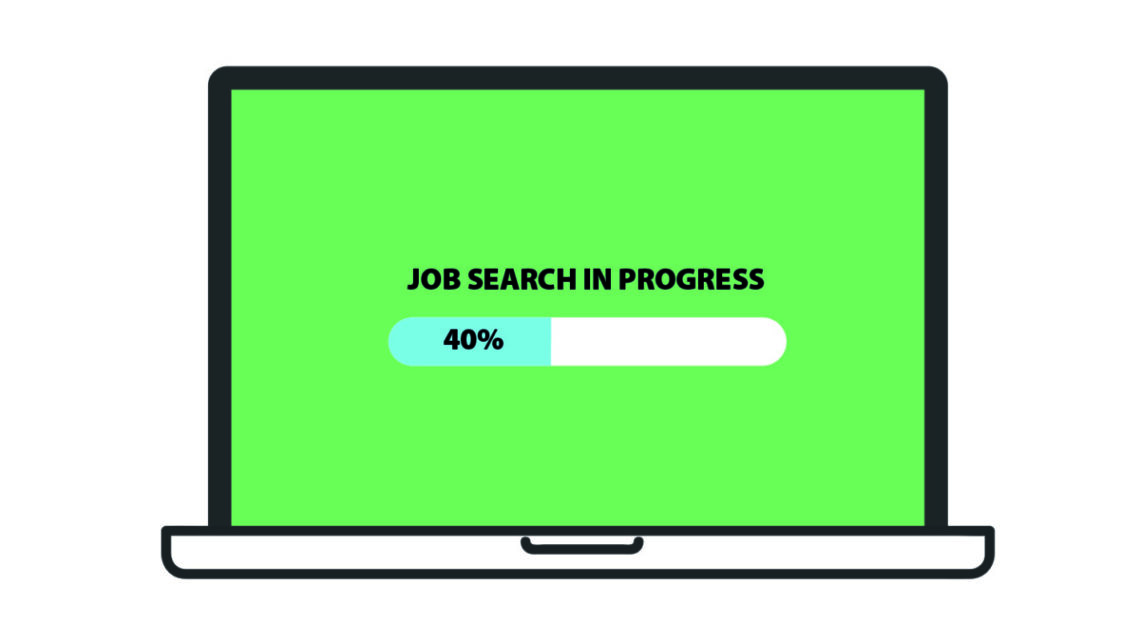
Selective job searching – Get picky and get picked!
While you might think that sending out 25 job applications will net you more offers than sending out five, the job market reacts more positively to quality rather than quantity.
If you’re feeling the pressure to get a job, you might be tempted to spray applications across the job market – but here’s why a more selective approach is better.
What do you want from your career?
Start at the beginning and look carefully at what you really want from your post-Forces career. Consider what your values and interests are and whether applying to certain companies or organisations will satisfy them.
Finding a role that motivates you towards success can lead to other rewards, such as promotions and better remuneration.
Aim to formulate a plan as to how you are going to get to where you want to be.
What’s on your ‘wanted’ list?
Organising your thoughts regarding salary, location, conditions, hours and so on can provide key search terms to help narrow your search when using tools such as online databases and job boards, etc.
Don’t overlook benefits such as insurances, discounts, pensions and so on. These can make life that bit sweeter and be worth money as well.
Search results
Although keywords such as job title or location might throw up lots of results, there may still be scope to refine them. Look carefully at individual roles and job descriptions as well as the companies/organisations behind them. Refer back to your career ambitions and ask yourself which ones are worth applying to.
Be aware of subtle differences in job descriptions. For instance, a particular job title can mean one thing in one sector and something different in another sector.

Long term view
As a Service-leaver or Veteran, you have a rare opportunity to jump into a new career. Recruiters can sometimes be suspicious of candidates that have worked in one career only to suddenly want to jump into another. Leaving the Military is regarded differently – and favourably, given the transferable skills and attributes you bring with you.
Skills
Look at the types of skills required and if they are a match with what you have to offer. If you don’t have some of the requirements, ask yourself if it’s worth taking on further training or whether these can be developed while you’re on the job. Similarly, you may also have skills, training or qualifications that aren’t listed but that you know would be valuable to your potential new employer.
Keeping track
It’s far easier to keep track of five quality applications than it is to design winning follow-up for 25 careless applications. Things can start to get overwhelming.
It’s a confidence game
Even if you aren’t bothered about a particular role, rejection is still unpleasant. With a selective approach, any rejections can become learning opportunities, especially if you ask for feedback.
Short term view
Grabbing the first job could see you back in the same situation again very shortly, when you realise that you’re in the wrong job.



